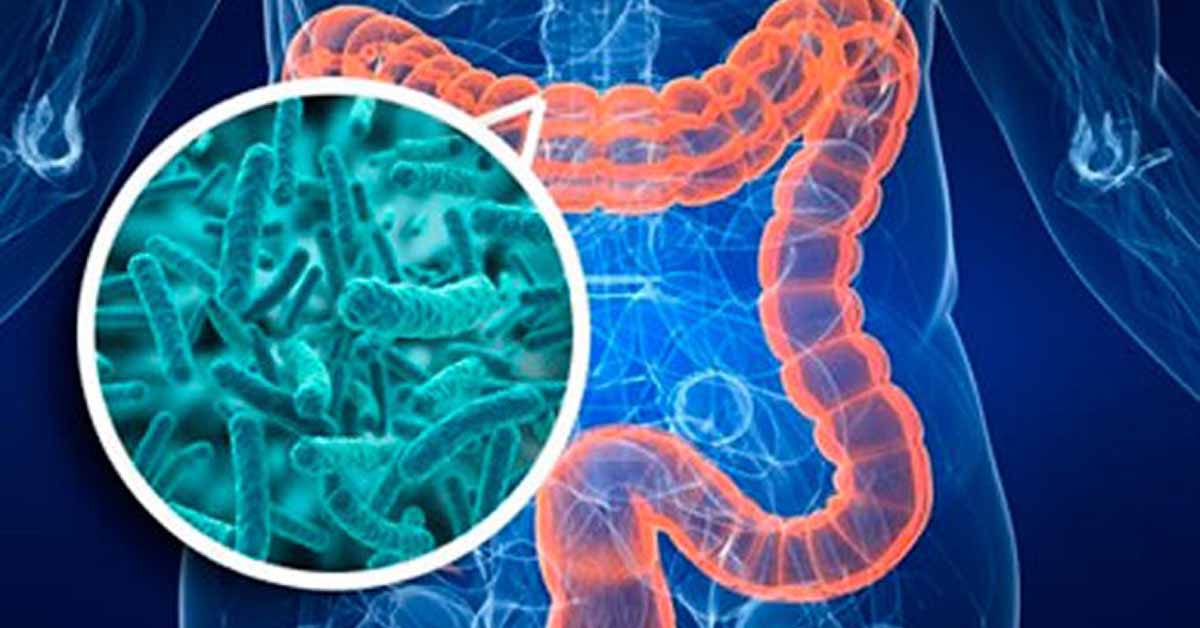
Scientists at Duke-NUS Medical School have identified how the first domino falls after a person encounters an allergen, such as peanuts, shellfish, pollen or dustmites. Their discovery, published in the April issue of Nature Immunology, could herald the development of drugs to prevent these severe reactions.
It is well established that when mast cells, a type of immune cell, mistake a harmless substance, such as peanuts or dust mites, as a threat, they release an immediate first wave of bioactive chemicals against the perceived threat...
Read More









Recent Comments